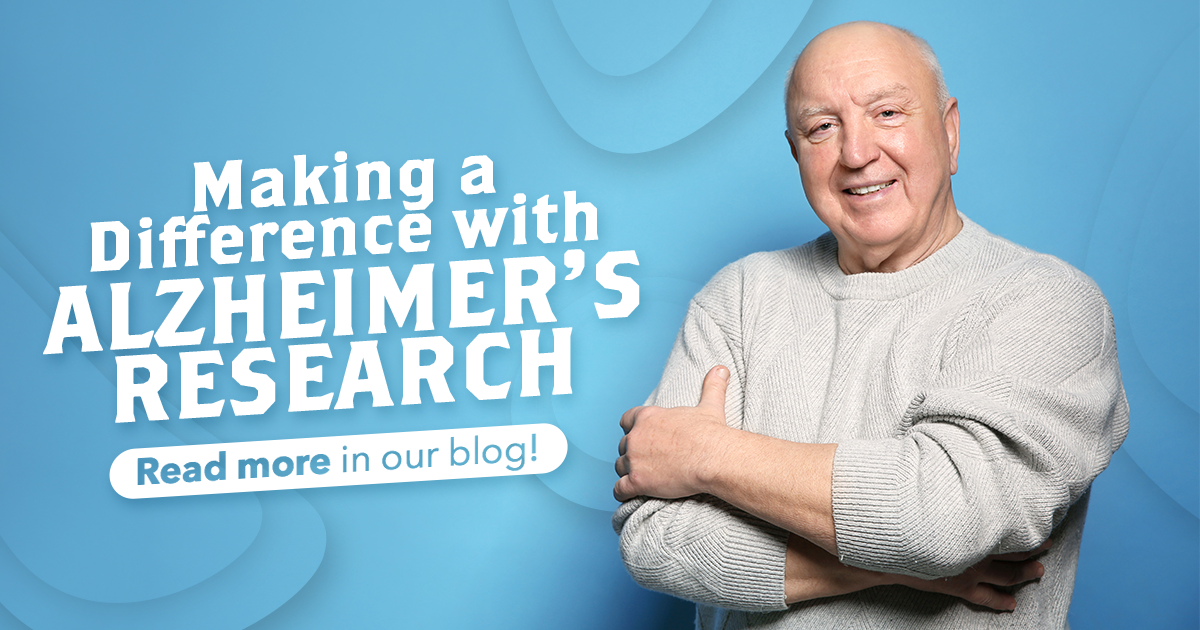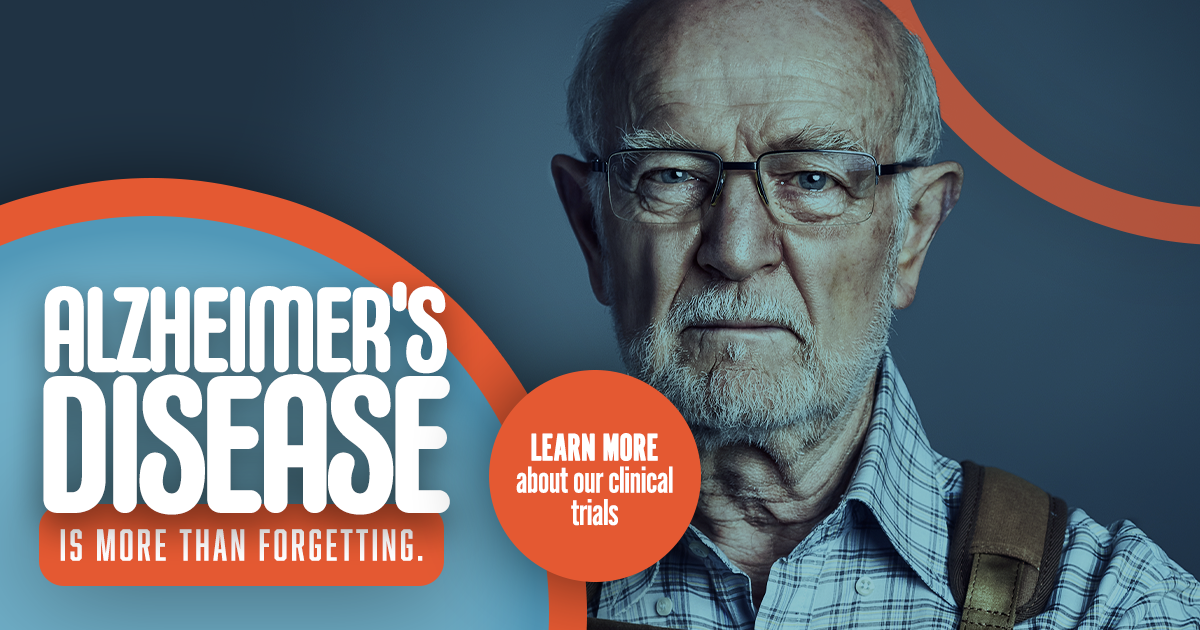 Some amount of memory loss is normal with age. Forgetting your keys, having trouble recalling something new, and needing more time to remember something are common when aging. Unfortunately, many may be unaware of when it’s time to get help for memory loss. Over 50 million people worldwide have Alzheimer’s disease or other forms of dementia.
Some amount of memory loss is normal with age. Forgetting your keys, having trouble recalling something new, and needing more time to remember something are common when aging. Unfortunately, many may be unaware of when it’s time to get help for memory loss. Over 50 million people worldwide have Alzheimer’s disease or other forms of dementia.
What is Alzheimer’s Disease?
Alzheimer’s disease is a type of dementia or memory loss.Common behavioral symptoms of Alzheimer’s include, wandering, agitation, anxiety, and depression.
Alzheimer’s disease accounts for 60-80% of dementia cases, making it the most common cause of dementia. Most people with Alzheimer’s disease are 65 or older, but some may develop early-onset Alzheimer’s disease as early as their 40s or 50s.
How can I assess my memory?
The first step to assessing your memory is to visit with a doctor specializing in memory loss. To assess your memory, you may be asked questions regarding your memory, thinking, mood, lifestyle, education, as well as a very detailed history of your past and current health conditions and medications.
Depending on the situation, you may also be scheduled for lab work, a physical and neurological examination, or brain imaging. If you are determined to be a candidate for a clinical trial, your doctor may recommend participating in research.
What treatments are there for Alzheimer’s disease?
Alzheimer’s disease is complex, and there isn’t one treatment that, taken by itself, can successfully treat it. Current drug therapies focus on maintaining mental function, managing behavioral symptoms, and at best, delaying the symptoms.
People diagnosed with Alzheimer’s disease and their loved ones may consider research as an option. Alzheimer’s disease research is now looking beyond treating symptoms and is focusing on ways to address the underlying disease process.
Some of the benefits of participating in clinical research are study-related care from a physician and medical staff at no cost and access to study-related medication. Participating in research also helps advance medicine for future generations.
Memory loss and Alzheimer’s disease can be scary, but there are options. A good starting point is to talk to your doctor and discuss all of your options. Brain Matters Research offers a free memory assessment to help determine if further evaluation is needed. To schedule yours, call (561) 374-8461, or click here.





